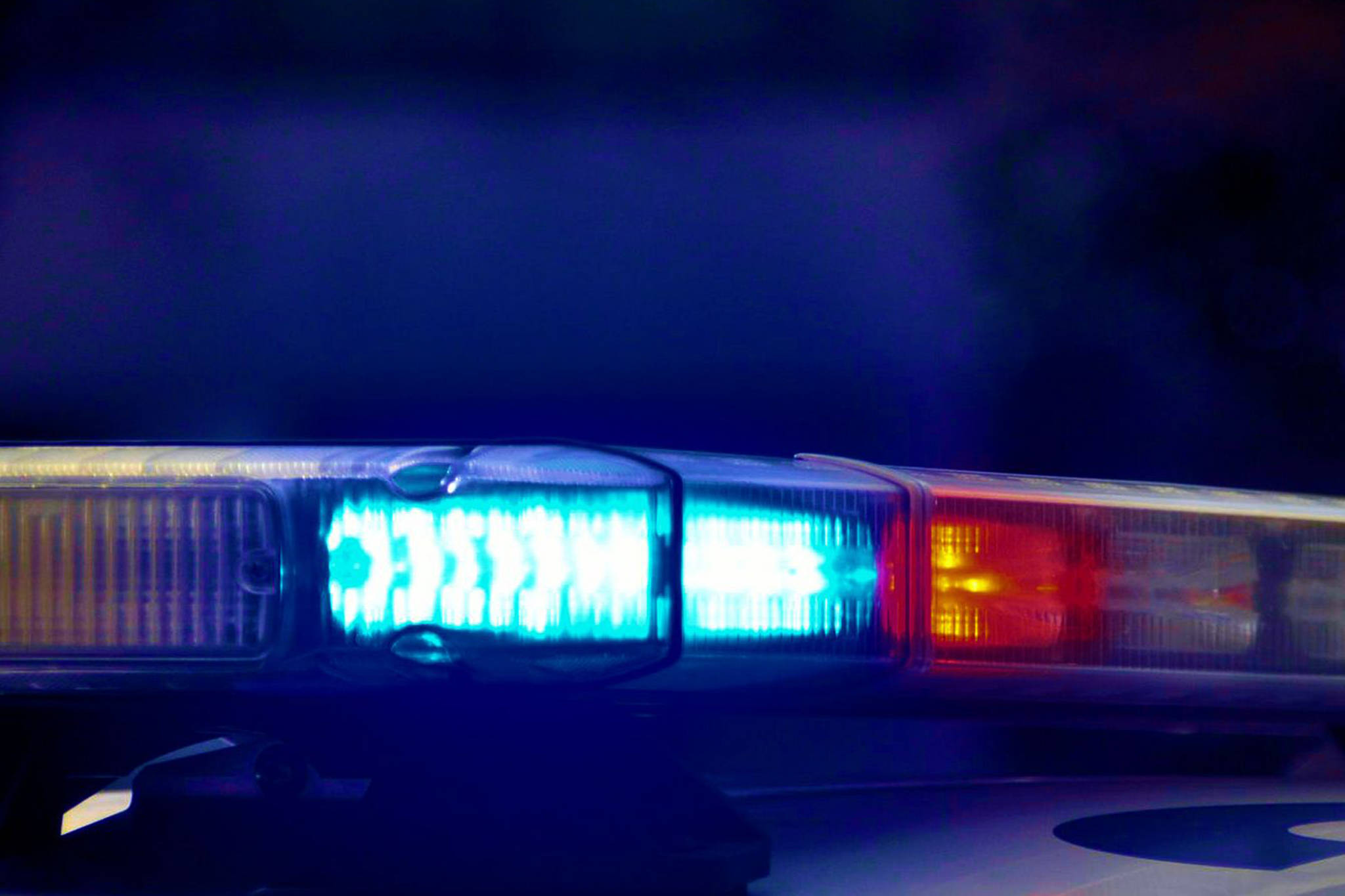In the conversations Alaskans have been having this last week around police violence, I have noticed a sentiment expressed by some, that even if we stand in solidarity with those protesting George Floyd’s death, we do so from a distance, because we don’t have those same problems at home. But according to the Mapping Police Violence Project, which has analyzed documented police killings over six years between 2013 and 2018, Alaska has the second-highest rates of police violence in the nation, averaging more than eight police killings per year in our state of about 700,000 people, and the second-highest rates of police violence against indigenous people and black people in the country. Out of a population of only 24,000, police in Alaska killed five black men over the same six-year period.
The combination of a small population, far-flung communities and willful white ignorance may make it seem like this is a problem isolated to far off cities like Minneapolis or Saint Louis, but the problem is right here in our own communities and not only in Anchorage.
As recently as December, Kelly Louise Stephens was shot dead by Juneau police officers, his only crime that night swinging a dog chain. Violent over-policing isn’t limited to lethal cases. Look no further than the case of Christopher Netling, who was shot in the back through the seat of his car, for refusing to leave the car, or the case of Franklin Hoogendorn, an Alaska Native high school student who was stripped to his underwear in a Sitka jail cell and tased 10 times.
Alaska, yes even places we white people want to think are idyllic paradises like our wonderful island communities in Southeast, have a problem with police violence. It won’t get better until we take the blinders off. We need to do more than stand in solidarity with George Floyd, we need to make meaningful changes in our own communities.
There are many things Alaska could do better, like creating a mental health first responder program similar to the successful program in Eugene, Oregon, that sends mental health professionals to mental health crises, instead of sending armed cops. There are police union contracts to be renegotiated, policies to be changed and much more than can fit in one letter. I encourage my white neighbors to do some research. The organization Campaign Zero, whose goal is to end police killings in America, has a long list of proven effective strategies to reduce police violence. I am glad that both Juneau and Sitka now have Alaska Native police chiefs, but there is still a long road to eliminating police violence in our communities.
• Matthew Jackson is a resident of Sitka and Juneau.

